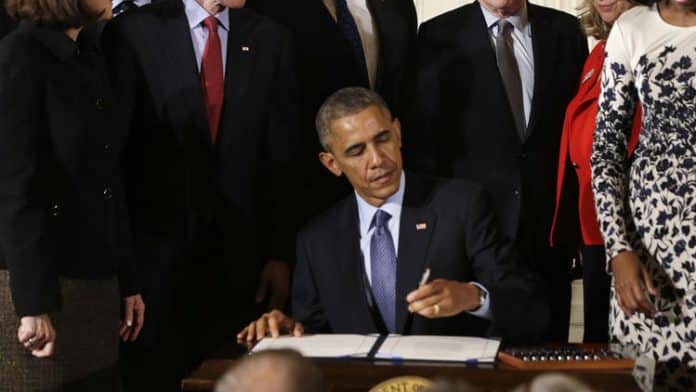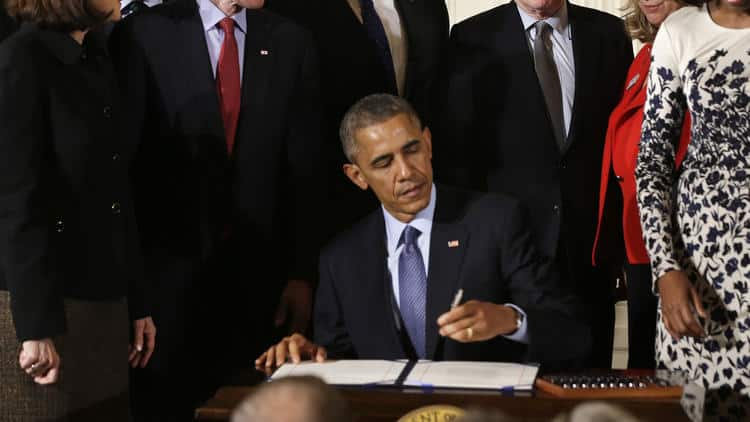

Two programs that connect arrested veterans to treatment – rather than jail – report that many are getting their lives back on track.
Some 81 percent of veterans in the program run by the Veterans Health Administration have not been arrested again. And one run by the state Department of Mental Health and Addiction Services shows a 36 percent drop in illegal drug use among its veterans and a 44 percent decrease in symptoms of Post Traumatic Stress Disorder (PTSD).
“So many people are getting what they really need, which is treatment and not incarceration,” said Laurie Harkness, the VA program director. “It’s making such a difference in so many veterans’ lives.”
The programs, designed to help veterans with mental health and substance abuse problems, operate in courts statewide, where social workers reach out to arrested veterans to let them know about treatment options for PTSD, anger management, and addictions, among other illnesses.
If a veteran agrees, the social worker will recommend treatment options to the court, and will guide veterans through the process. A judge decides whether to sentence the veteran to a treatment program instead of jail or other penalties, such as fines. The crimes committed range from motor vehicle violations to domestic violence charges to car thefts.
“We see them from their worst moment in time to how well they can do with services,” said Jessica Marshall, a VA social worker, who works mostly in the New Haven courts. When she visits veterans in jail waiting to be arraigned, Marshall said, “They see support immediately. They know they are not alone.”
ATTENTION READERS
We See The World From All Sides and Want YOU To Be Fully InformedIn fact, intentional disinformation is a disgraceful scourge in media today. So to assuage any possible errant incorrect information posted herein, we strongly encourage you to seek corroboration from other non-VT sources before forming an educated opinion.
About VT - Policies & Disclosures - Comment Policy



